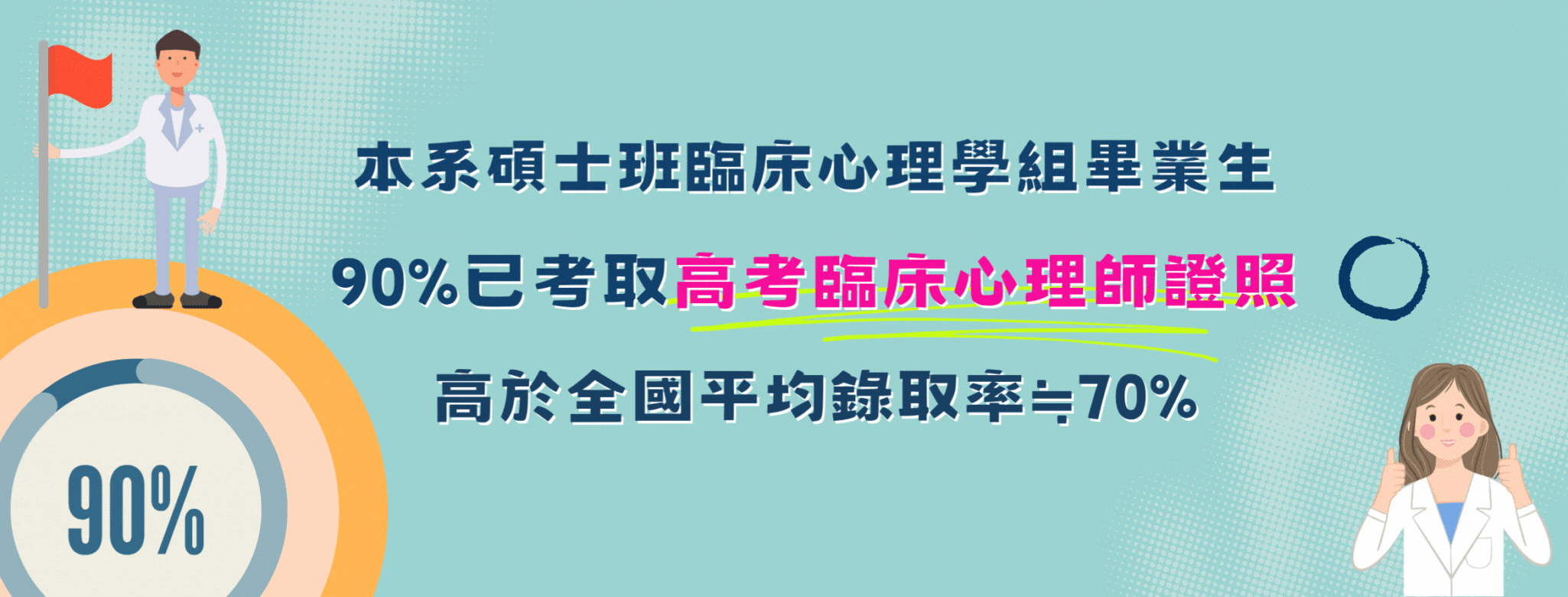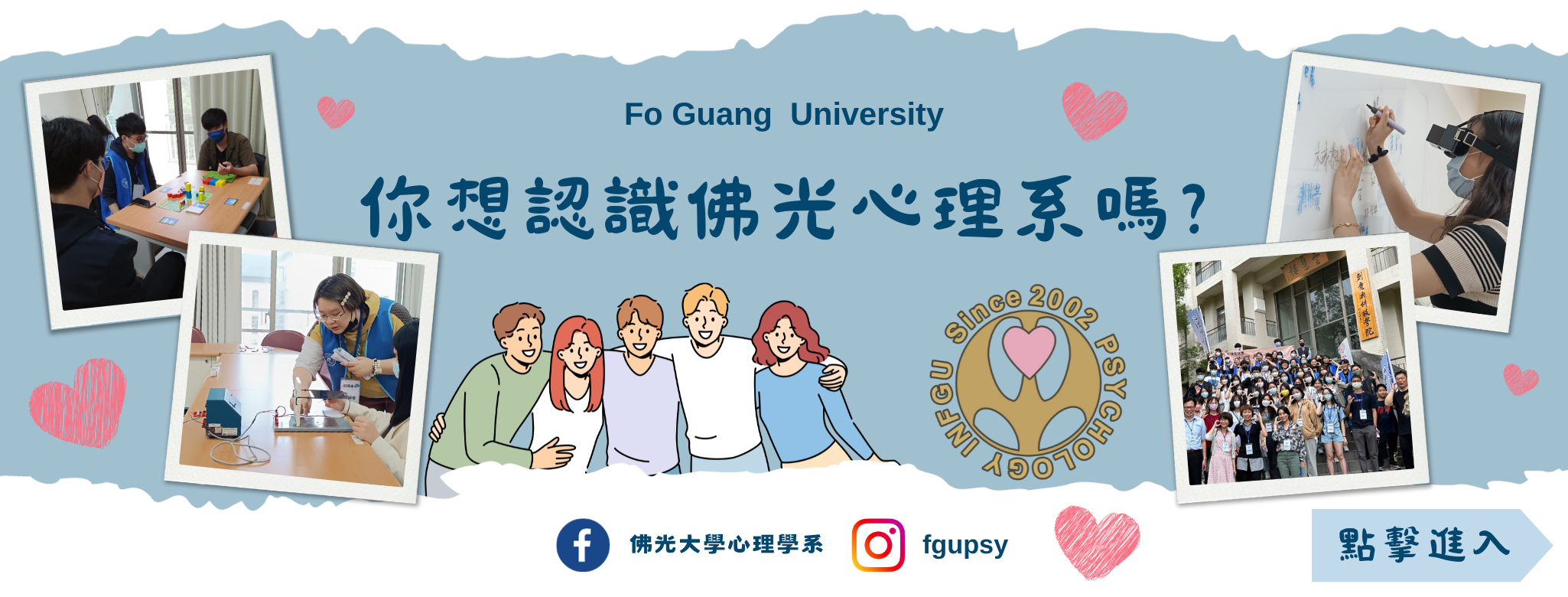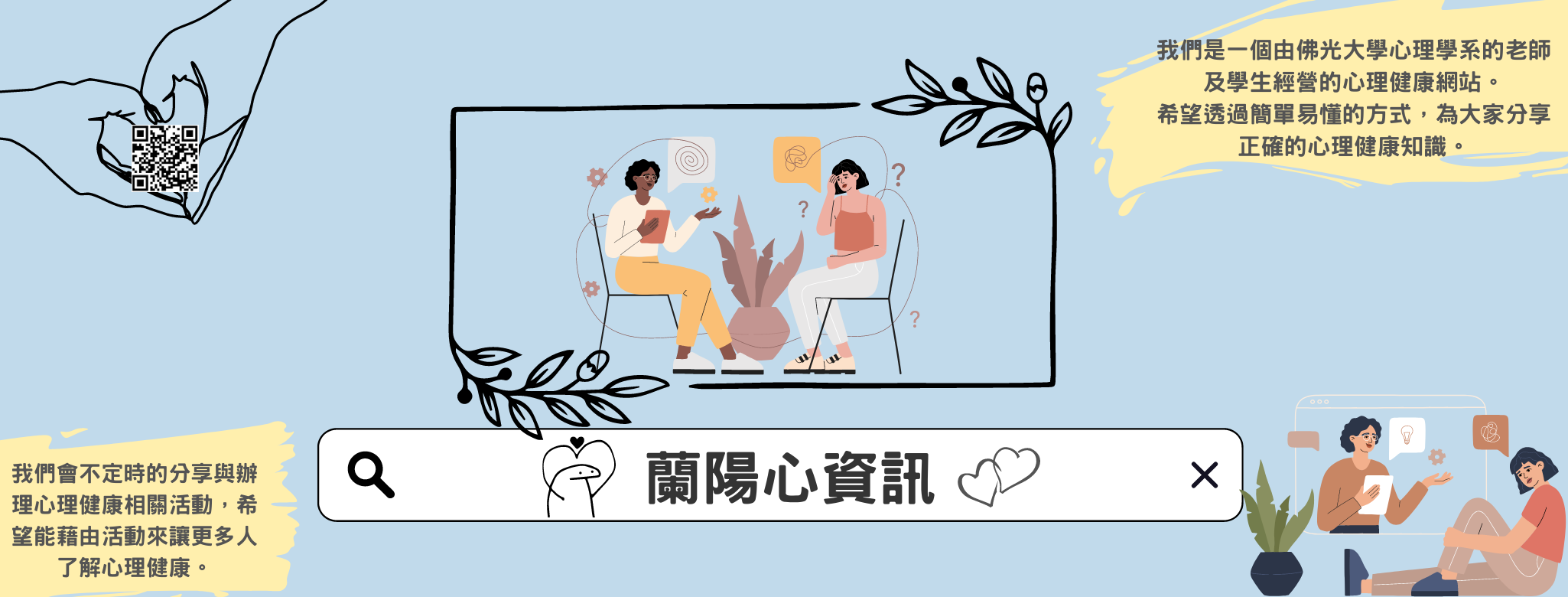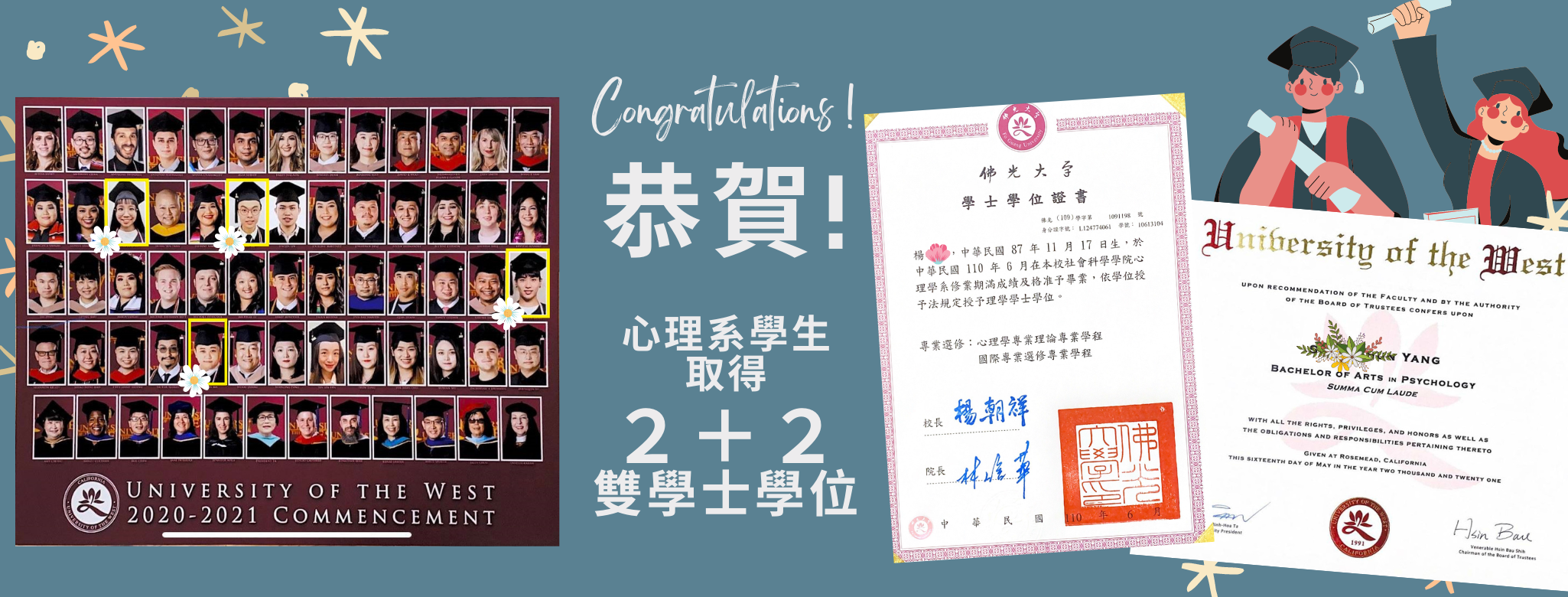Fo Guang University Department of Psychology Associate Professor Huang Yunxin / Vice Secretary-General of the Taiwan Clinical Psychology Association
Recently, the Ministry of Health and Welfare, in line with the "Healthy Taiwan" policy, launched a mental health initiative targeting individuals aged 15 to 45. The program offers three free counseling/therapy sessions per person to assist individuals in addressing mental health concerns and determining if long-term psychological support is necessary.
Promoting mental health for all is a long-term endeavor. After this important beginning, where do we go from here? The Department of Psychology at Fo Guang University is committed to advancing the nationwide mental health initiative and continues to track the development and impact of this policy.
Recently, scholars from the Taiwan Clinical Psychology Association were invited to meet with officials from the Ministry of Health and Welfare to discuss long-term psychological support and explore ways to further improve the national mental health support system.
The officials present at the meeting included Deputy Minister Lin Jingyi, Acting Director-General of the Department of Mental Health Zheng Shuxin, and Mental Health Department Specialist Hong Jiajie. The association's representatives included President Yang Qizheng (Professor at National Chengchi University Department of Psychology), Secretary-General Wu Zhixun (Professor at National Chengchi University Department of Psychology), Vice Secretary-General Lin Ziling (Professor at National Cheng Kung University Institute of Behavioral Medicine), and Vice Secretary-General Huang Yunxin (Associate Professor at Fo Guang University Department of Psychology). Professionals from the Taiwan Clinical Psychologist Association and the Erickson Hypnosis Association, including Wu Mengzhang (President of Taipei City Hospital) and Huang Tianhao (President of XinTian/Chuse Psychological Therapy Center), also participated in the meeting.
The discussions highlighted that, given the increasing demand for mental health services, there is a growing need for clinical psychologists. Future efforts should focus on enhancing training capacity for clinical psychologists, diversifying training institutions, and increasing clinical education resources. To maintain the professionalism and quality of clinical psychologists, increasing diverse training institutions and clinical instructors is a key area of focus. Additionally, support programs for the elderly and children’s families are crucial topics to address in the future.
The meeting also emphasized that support for the elderly and children will be key in future mental health promotion. The concept of "Intergenerational Co-living" from Japan was suggested as a model for elderly mental health, offering high school and college students opportunities to interact with seniors in appropriate educational settings. This could play a vital role in reducing risks of dementia and depression. In the area of children’s mental health, the Ministry of Health and Welfare mentioned plans to strengthen the connection between schools and hospital systems, ensuring that children in need of professional psychological support are better served. The association also proposed the "1000 Days of Pregnancy and Parenting" program, offering systematic psychological support for new parents from pregnancy through the child’s second year, helping alleviate the isolation and anxiety many parents face during child-rearing.
We look forward to the gradual implementation of these proposals, hoping they will become normalized policies, providing more comprehensive support for the mental health of all ages, ensuring that no one is left behind.











